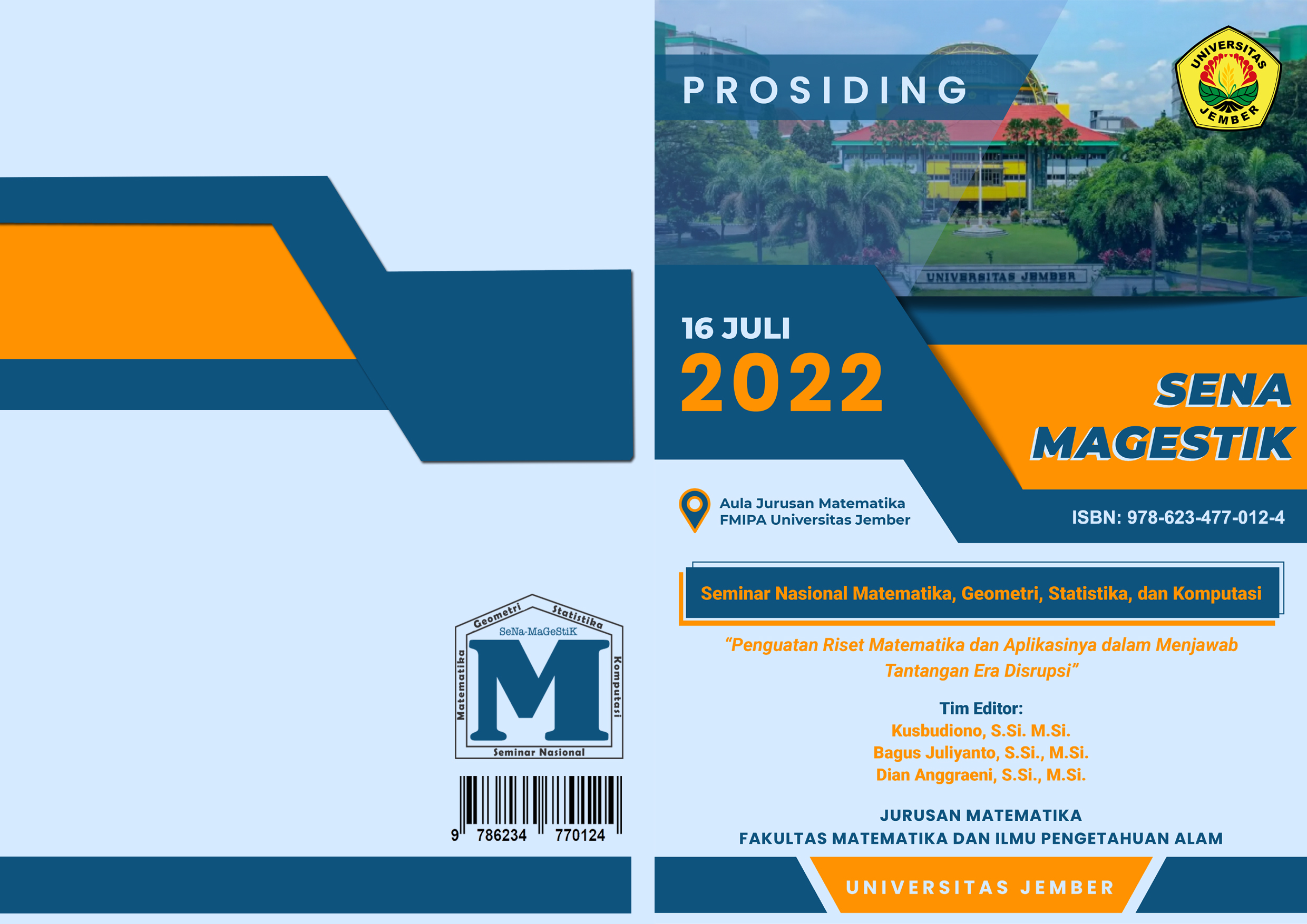PENGELOMPOKAN NEGARA BERDASARKAN KASUS STUNTING DENGAN MODEL FINITE MIXTURE NORMAL MENGGUNAKAN PENDEKATAN BAYESIAN
(State Management Based on Stunting Case with Mixed to Normal Model Using Bayesian Approach)
Abstract
Stunting (short stature) is a chronic condition characterized by stunted growth due to malnutrition over a long period of time. Stunting needs special attention because it can hamper children's physical and mental development and is associated with an increased risk of illness and death. The high incidence of stunting in the world is still a health problem that is still being faced by WHO [7]. Therefore, it is necessary to group countries based on stunting cases in order to facilitate appropriate policy making in overcoming and preventing stunting. In this study, 151 countries were grouped based on stunting cases with a normal finite mixture model. The model is estimated using Bayesian estimation through Birth-Death Markov Chain Monte Carlo (BD-MCMC) method. The results of the study show that there are five groups of countries based on stunting cases, where the first group consists of 30 countries and the second group consists of 32 countries which are groups with low stunting rates. While the third group has 33 members, the fourth group has 34 countries and the fifth group has 22 countries which is a group with a high stunting rate.
Keywords: BD-MCMC, Finite Mixture, Pengelompokan, Stunting.


